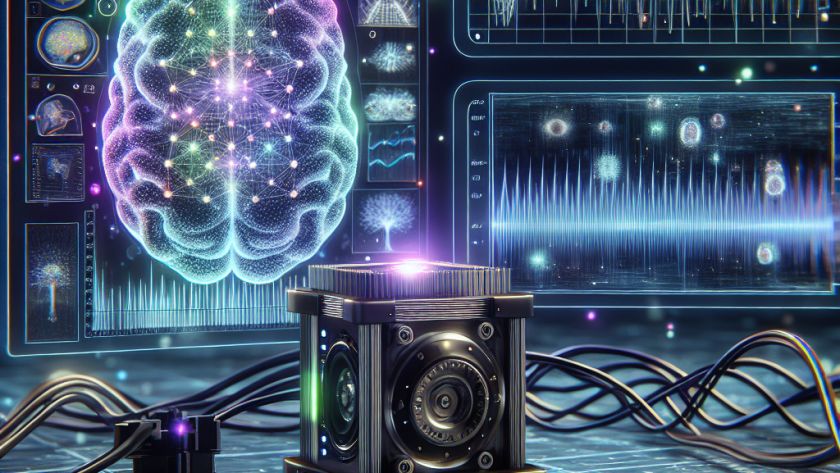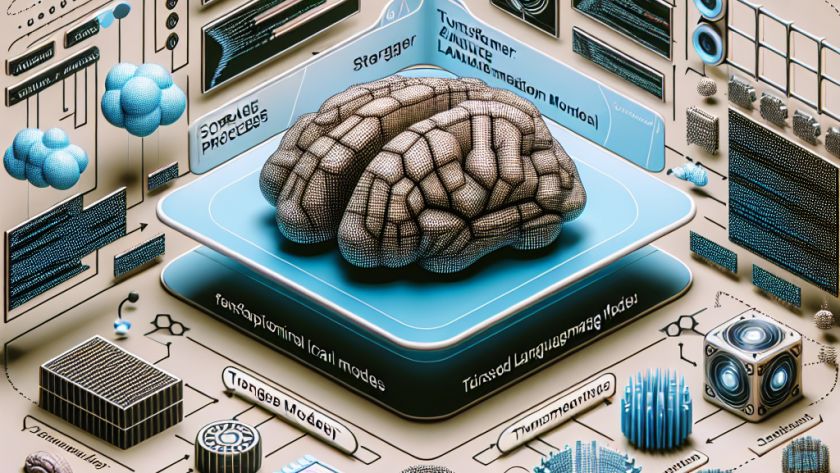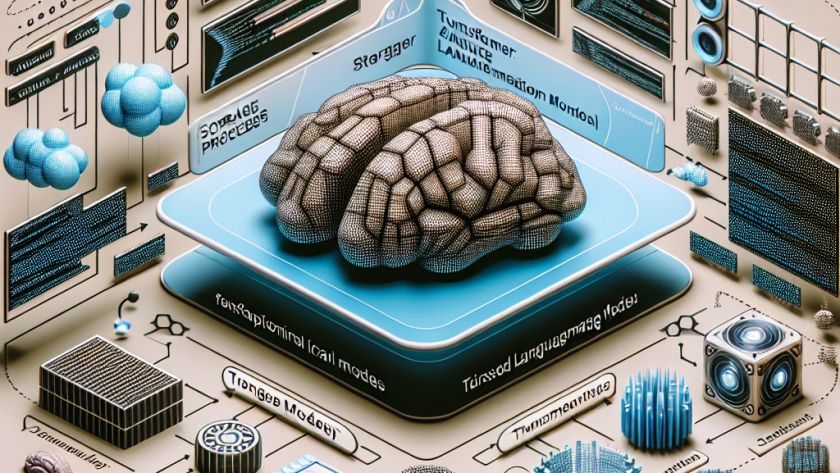Researchers from MIT and other institutions have discovered the key to why AI chatbot conversations can break down and developed a solution that enables continuous dialogue. The issue lies in the chatbot's key-value cache (akin to a conversational memory). In some models, earlier data points are discarded when the cache reaches its limit, causing the…









